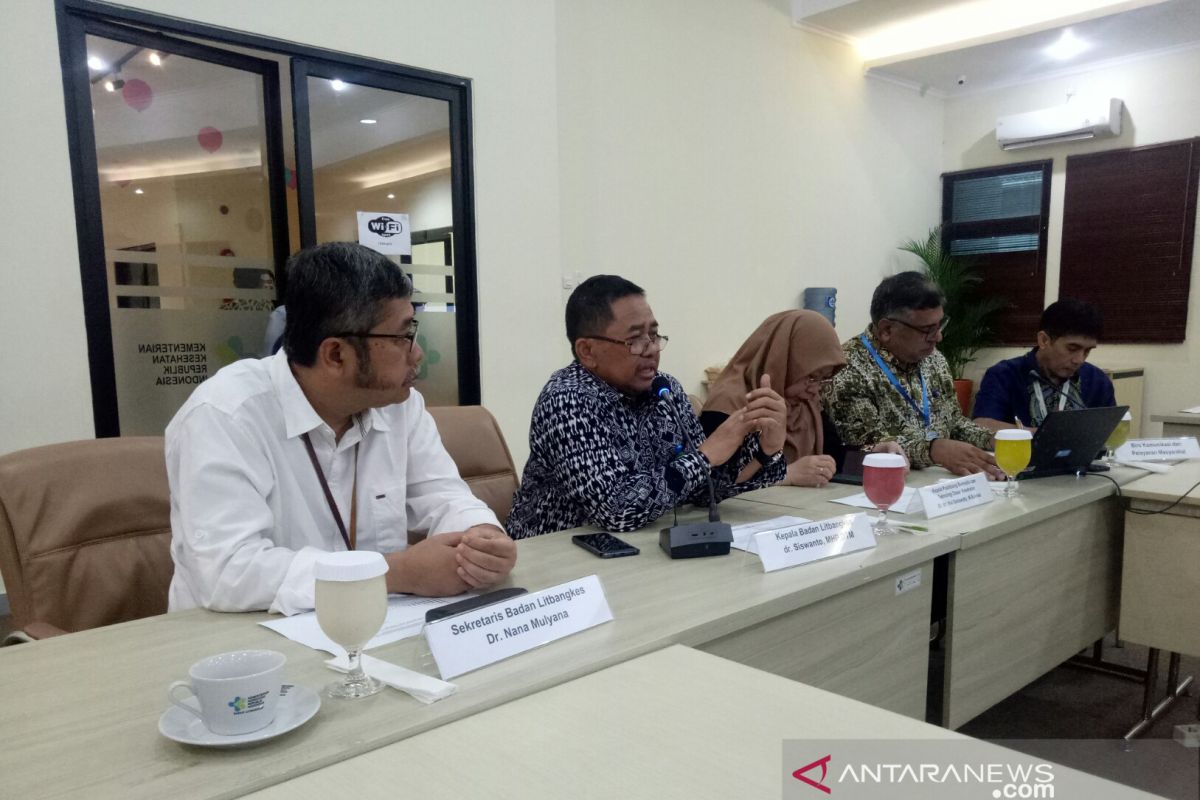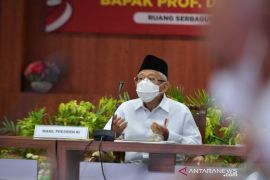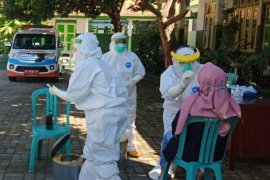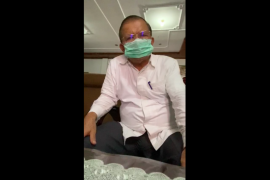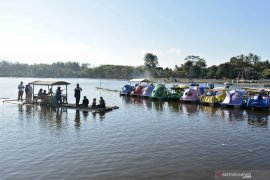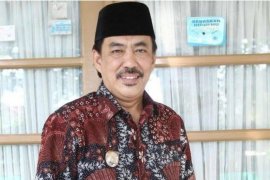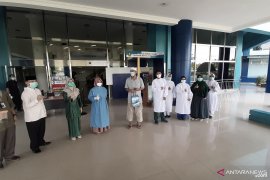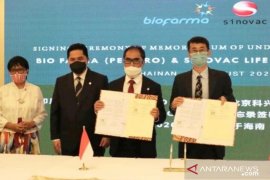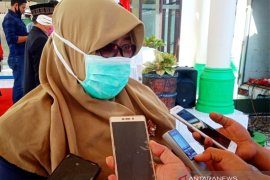"They have just tested all specimens from 60 cases in the last few weeks and have confirmed that none of them had tested positive for the presence of coronavirus. We are fully confident that this laboratory is capable of detecting this novel coronavirus," he remarked after visiting the virus detection facility at the Health Research and Development Department (Balitbangkes) of the Indonesian Ministry of Health here on Tuesday.
The WHO has declared a coronavirus outbreak in China as an international health emergency, encouraging all nations to intensify awareness of the transmission and spread of the virus.
Bura pointed to the high risk of being infected by the virus within and outside China.
As of Monday (Feb 10), a total of 1,016 people were killed by the virus outbreak, while 42,638 people were positively infected in Mainland China.
Indonesia is concerned over the coronavirus outbreak and has increased capacity for handling the detection of the virus, including having 100 referral hospitals for cases of new disease infections, such as the coronavirus, across Indonesia.
A total of 26 out of the 100 hospitals have capable human resources, conducted simulations for the management of emerging diseases, and have 52 isolation rooms, with 113 beds devoted to emerging diseases.
"We continue to work closely with the Indonesian government to monitor the situation," he noted.
Siswanto from the Health Research and Development Department explained that method for the examination of coronavirus was in accordance with the WHO standards. The WHO has outlined laboratory confirmation tests for presence of coronavirus through sample tests to be conducted twice.
A total of four steps are taken to detect coronavirus, notably identifying the suspects, collecting the specimen, transferring the specimen through a viral transport medium, and conducting a polymerase chain reaction (PCR) using a PCR machine correctly.
The laboratory for virus detection is equipped with adequate equipment and skilled experts.
The national reference laboratory facilities for emerging infectious diseases has the requisite tools and capabilities including culture, serology, polymerase chain reaction (PCR), sanger sequencing and next generation sequencing, flowcitometry and fluorescence microscopy.
The facility has a level of safety for handling biological agents or biosafety levels 2 and 3 and biorepository.
Siswanto stated that the laboratory can conduct specimen testing using a PCR machine from genetic material contained in the specimen, specifically RNA. Related news: Majority of Indonesians have left mainland China: ambassador
Related news: 78 Indonesian crew members being quarantined in Japan over coronavirus
Translator: Fardah Assegaf
Editor: Rahmad Nasution
Copyright © ANTARA 2020
